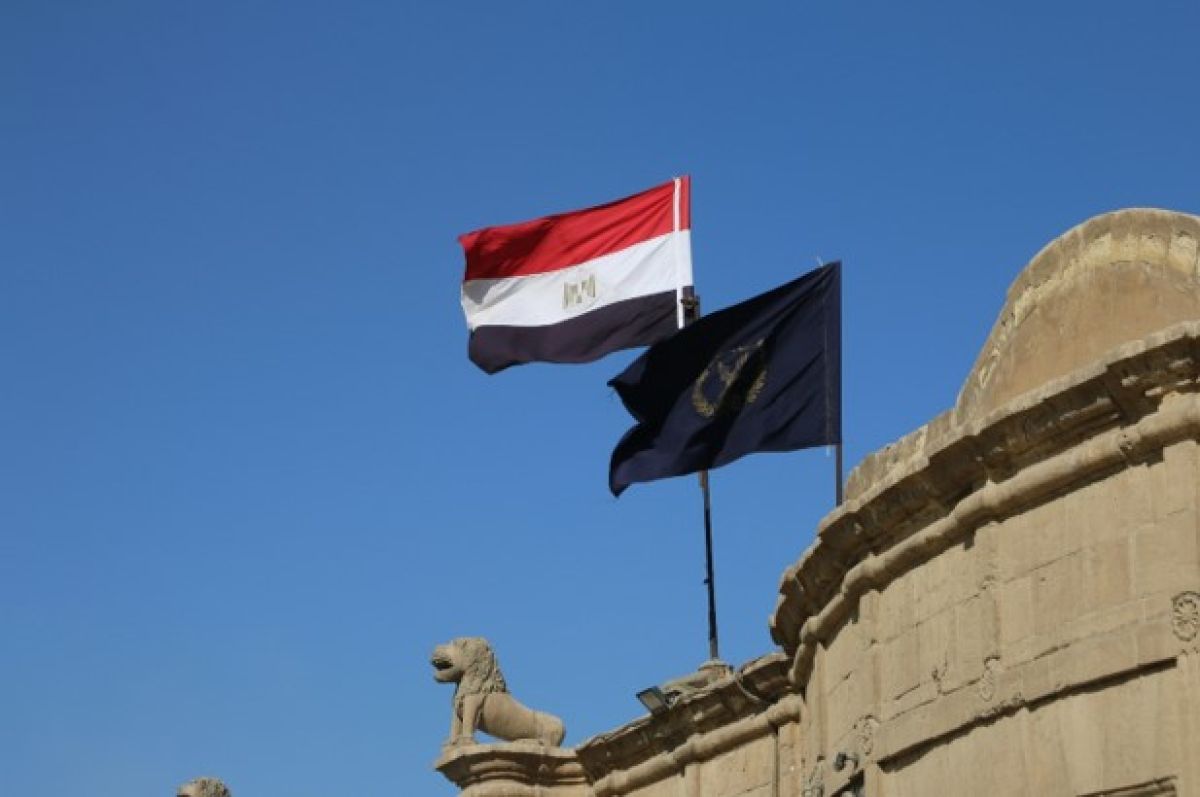
Economy, Week in Review
Egypt’s economic growth stalls
At the start of 2025, Egypt faces intense balance-of-payment pressures from the past year.

At the start of 2025, Egypt faces intense balance-of-payment pressures from the past year.
Why it matters: High inflation, tight credit conditions and a shift towards cutting back on spending will constrain economic growth in 2025. However, the rate is set to increase once the adjustment period is over.
Inflation
Egypt’s inflation rate has soared to 25% in 2024, largely attributed to the war in Gaza. The Israel-Hamas conflict has spawned countless hours of diplomatic activity and a long list of visits by envoys from several countries, according to a VOA report. “Egypt raised the prices of petroleum and natural gas twice this year by as much as 15% each time,” the report reads.
Tax system
The Egyptian government is modernizing and simplifying the tax system in an attempt to combat high inflation on low-income individuals. In February 2024, the Budget Committee of the Egyptian House of Representatives approved important amendments to the Income Tax Law. These amendments will raise the tax exemption threshold by 33%, from 45,000 to 60,000 Egyptian pounds, according to an Andersen report.
Furthermore, the introduction of a progressive tax structure for incomes exceeding 55,000 Egyptian pounds ensures that individuals with higher incomes contribute proportionally more to tax revenues.
Economic reform
The Egyptian government is improving incentives for informal sector firms to integrate into the formal economy. Egypt’s Minister of Finance, Ahmed Kouchouk, has revealed a raft of reforms aimed at improving the country’s tax system, fostering business growth and positioning the country as a key player in the global export market.
“These initiatives, set to be rolled out by the end of the current fiscal year, promise to usher in a new era of transparency, trust and collaboration between the Egyptian government and the business community,” reads a Middle East Briefing report.
The International Monetary Fund (IMF) reached an agreement with Egyptian authorities in December, issuing the following statement: “We are pleased to announce that the Egyptian authorities and the IMF have reached staff level agreement on the fourth review under the Extended Fund Facility (EFF) arrangement. Subject to approval by the Executive Board, Egypt will have access to about $1.2 billion (SDR 922.87 million).”
By the numbers: Customers in Egypt have averaged 31 days beyond terms, with 67% saying payment delays have stayed the same, according to the FCIB Credit and Collections Survey.
The most common cause for payment delays is central bank issues (100%).
What Survey respondents are saying:
- “Be certain of currency requirements and availability.”
- “Obtain updated credit information and verify company addresses, as changes are often not communicated by the customer. Know all you can about the customer.”
- “Pull a credit report for payment history and legal status and name verification.”
What’s next: Egypt’s GDP growth rises to 4% in FY25 from 2.4% in FY24, and to 5.3% in FY26, moderately above their trend rate, FitchRatings reports. “We consider the administration, which is somewhat more technocratic than in the recent past, remains broadly committed to the EFF, despite its newly stated intent to renegotiate some targets,” the report reads.
The bottom line: Despite ongoing regional tensions that are causing a sharp decline in Suez Canal receipts, the Egyptian authorities will continue to carry out key policies to maintain macroeconomic stability.





